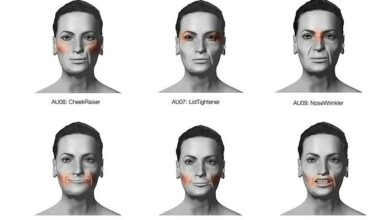Analysis shows more than half of UK government nutrition advisers are paid by food companies
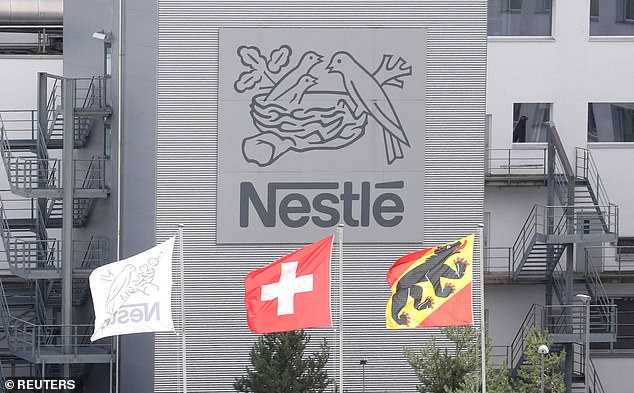
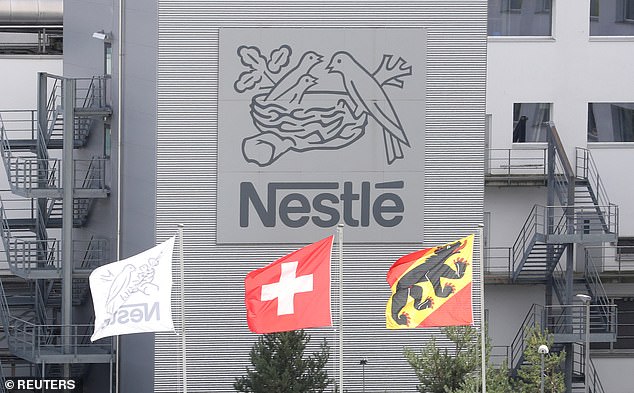
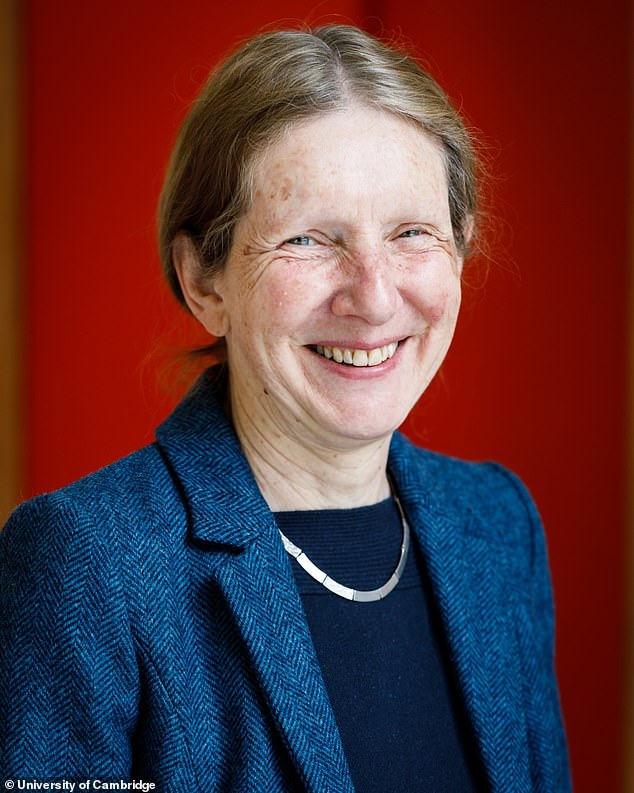
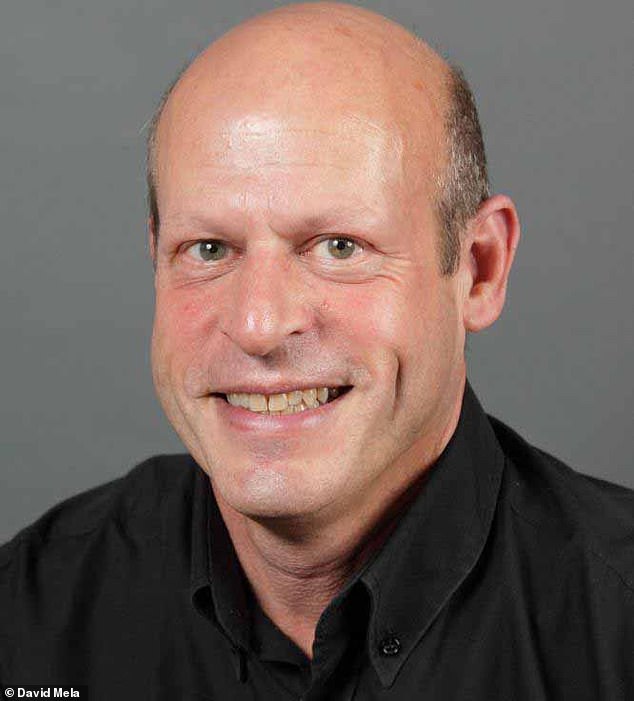
Research has revealed that more than half of the experts on the UK government’s nutrition advisory panel have links to the food industry.
At least 11 of the 17 members of the Scientific Advisory Committee on Food (SACN) have ties to companies including Nestlé and the world’s largest ice cream maker, Unilever.
The conflict of interest has led to questions about their impartiality, with concerns that it is contributing to an ‘explosion of suffering and death from diet-related disease in the UK’.
SACN is an influential group of people who act as independent experts to advise the government, which in turn influences policy.

An investigation has found that government advisers on ‘healthy eating’ have collaborated with companies selling unhealthy food, such as Nestlé.
Since its founding in 2000, the organization has developed striking guidelines on daily salt and sugar intake, vitamin D supplements and infant nutrition.
But with rising rates of obesity and associated ill health, criticism has been raised that both SACN and officials reviewing the recommendations have not done enough to address the problem.
BMJ researchers looked at the interests declared by SACN members in public documents published on the government website over the past three years.
They found that David Mela, a retired senior scientist from Unilever, had done consulting work for Unilever, Tate and Lyle, the Israeli franchise of Coca Cola, CBC Israel, and Cargill, which produces cocoa and chocolate products, among other things.
Another member, Julie Lovegrove, chairs an expert group at the International Life Sciences Institute (ILSI) Europe, whose member companies include Pepsico, Cadbury’s US owner Mondelez and General Mills, the US company behind Cheerios and Haagen Dazs.
At least six of the 11 members of the SACN subgroup dealing with maternal and child nutrition have ties to food companies, including manufacturers of baby food and artificial milk brands.
This group includes Ann Prentice, a board member of the Nestle Foundation, and Marion Hetherington, who has done work for Danone and baby food brand Ella’s Kitchen, the latter on an unpaid basis.

Nutritionist Ann Prentice is a board member of the Nestle Foundation, the BMJ study reported
According to the study, the group’s chairman, Ken Ong, also received research funding from Mead Johnston Nutrition, a company that produces infant formula.
Last night, experts criticized the associations, claiming that they had unwittingly hampered progress in improving the national diet.
Chris van Tulleken, a senior lecturer at University College London and author of a best-selling book on ultra-processed foods, says: ‘Even small financial conflicts have a subtle or unconscious impact on behaviour and beliefs.
‘Despite 20 years of work by a conflicted SACN, the UK has seen an explosion in suffering and death from diet-related disease. I don’t think it’s credible to say that the Commission has been particularly effective.’
He added: ‘There are some excellent independent experts, but they are a minority and in my view their work has been hampered by conflicts of interest with the industry that have caused this health crisis. SACN must become independent of the food industry.’

David Mela, a retired senior scientist from Unilever, has done consulting work for Unilever, Tate and Lyle and chocolate manufacturer Cargill
Rob Percival, head of policy at the Soil Association, said: ‘We are concerned that the commission and its integrity are being undermined by these links with the food industry.’
Others, however, defended the connections, saying they are partly the result of a lack of funding for relevant research.
Alison Tedstone, former chief nutritionist at Public Health England, also argues that denying SACN access to experts with industry links would “diminish” the institute’s expertise and could delay future legislation.
The Department of Health and Social Care (DHSC) responded on behalf of SACN and all members named in this article. According to DHSC, members are required to declare potential conflicts of interest.
A spokesperson said these are recorded in the minutes of committee meetings and are also published on the SACN website.
He said: ‘No member of the committee is directly employed by the food and drink industry. They all have a duty to act in the public interest and to be independent and impartial.’




